Key innovations
Associate Professor, Dr. Vo Van Minh said that in the process of innovation and development of Vietnam's higher education , the Law on Higher Education (amended) 2025 is expected to become the fundamental legal framework for a modern, autonomous, transparent and integrated university system.
This draft law has shown a remarkable step forward, with many profound contents, timely approaching international trends and being consistent with domestic educational management practices.
First of all, it is necessary to note the important innovations in this Draft. Establishing autonomy as a legal right, instead of a conditionally granted right, is a shift in governance thinking.
The draft also added many modern concepts such as academic freedom, higher education database, public-private investment, reflecting the pulse of education in the digital age.
In particular, the spirit of "development creation" instead of "administrative management" is being more clearly demonstrated through regulations on educational institution standards, post-inspection and system stratification.
Comments on regulations on School Council
Commenting on the draft Law, Associate Professor, Dr. Vo Van Minh said: Member universities of the National University and Regional Universities are all higher education institutions with legal status, their own missions, their own brands and development history associated with each specific field and region.
Maintaining the School Council in these schools not only ensures autonomy, but also serves as an institution representing state and community ownership in school governance. The School Council helps improve the capacity for criticism, control of power, monitoring of operations and connecting schools with the labor market, society and businesses.
If the University Council is abolished, member universities will no longer be “real” universities, but will become “affiliated schools” in a centralized administrative system.
Not only that, the absence of a University Council also leads to the risk of blurring the line between coordination and administration, causing regional or national universities to fall into a state of "both doing strategy and specific administration".
“Retaining the University Council at the member school level is a premise to properly recognize the nature of the National University and Regional University models - these are strategic university systems, specially organized according to the Government 's decision, including many member schools with their own academic names and legal entities,” said Associate Professor, Dr. Vo Van Minh.
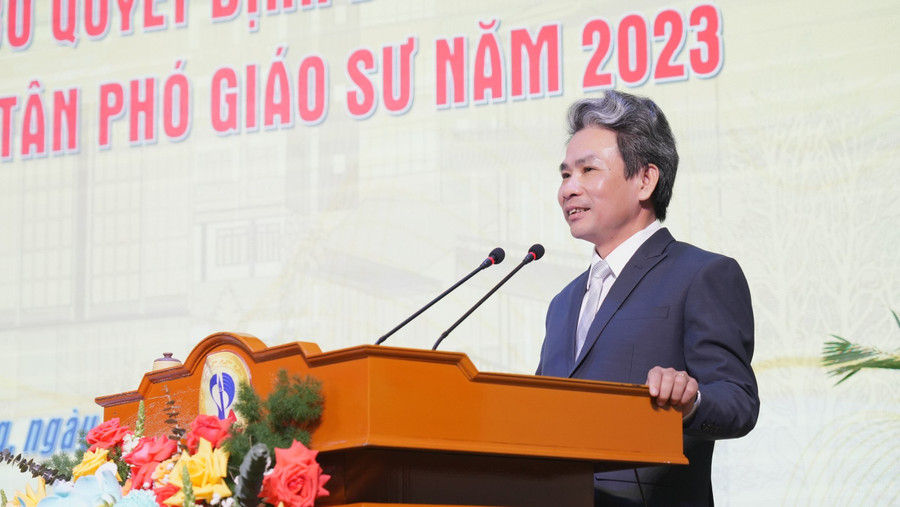
It is necessary to distinguish the model of "one university - many schools" from National University and Regional University.
In the new context, it is necessary to view National Universities and Regional Universities not only as intermediate administrative organizations, but also as academic institutions with a strategic investment role, where resources and knowledge are gathered to carry out major tasks of the nation and each territory.
Specifically, according to Associate Professor, Dr. Vo Van Minh, there needs to be clear direction:
Firstly, the National University and Regional Universities receive State investment to develop basic sciences and interdisciplinary sciences - fields that are less likely to attract private investment but are essential to national science.
Second, National Universities and Regional Universities along with a number of key technical universities are receiving key investments to train strategic technology and key engineering sectors in the era of digital transformation, automation and innovation.
Third, National and Regional Universities, along with key pedagogical universities, receive focused investment to train national teachers - the decisive factor in the quality of general education.
Thus, it is necessary to maintain the multi-level model: each member university has a University Council, operating according to its own mission; while the system-level university (national or regional) has a strategic task - not directly operating, but coordinating and creating momentum for interdisciplinary and inter-regional development.
From the above analysis, Associate Professor, Dr. Vo Van Minh suggested that the Law should affirm that member universities of the National University and Regional Universities are higher education institutions with legal status, academic titles, their own missions and are governed by the University Council.
At the same time, it is necessary to clearly distinguish between the model of "one university - many schools" and the model of National University and Regional University; because member schools of the national and regional university system are built from the foundation of independent universities, with history and identity.
It is also necessary to legalize towards the promulgation of a separate Decree specifically regulating the organization and operation of special universities: National Universities, Regional Universities, as well as universities with special missions such as pedagogical and medical schools. This is the necessary legal corridor for these institutions to fulfill their national missions well.
“In short, maintaining the University Council at member universities means maintaining the autonomy, responsibility and identity of each university. Maintaining the national university and regional university models – university systems – means maintaining a special institution to invest in the core and key areas to develop higher education in the context of many unusual and unpredictable changes in today’s world,” Associate Professor, Dr. Vo Van Minh stated his opinion.
Source: https://giaoducthoidai.vn/truong-dai-hoc-thanh-vien-co-can-thiet-che-hoi-dong-truong-post738760.html







![[Photo] General Secretary To Lam attends the 80th Anniversary of the Cultural Sector's Traditional Day](https://vphoto.vietnam.vn/thumb/1200x675/vietnam/resource/IMAGE/2025/8/23/7a88e6b58502490aa153adf8f0eec2b2)





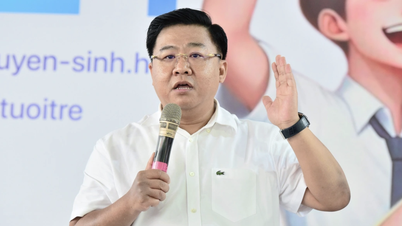





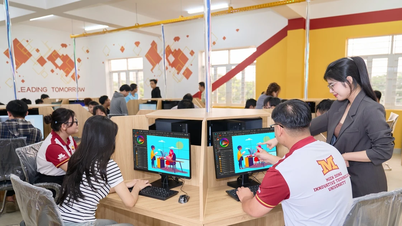
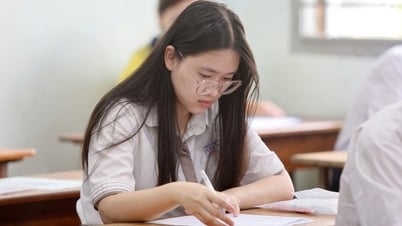

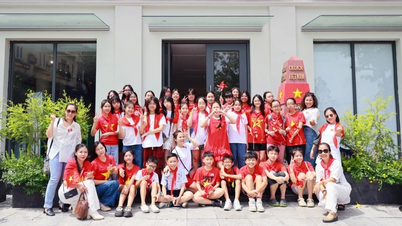

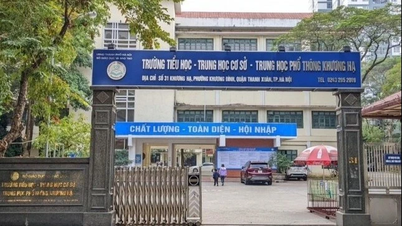
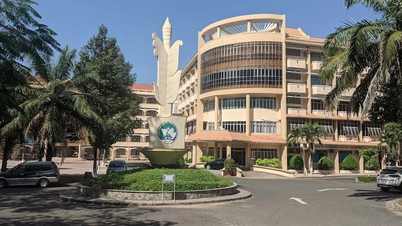
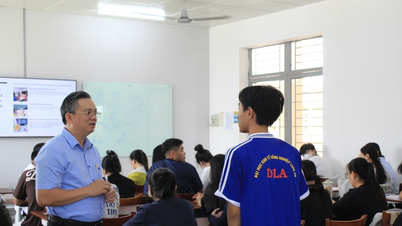






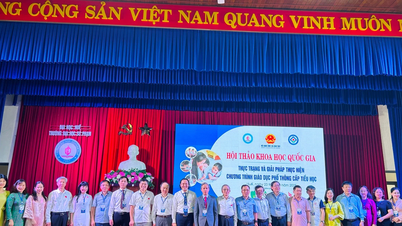
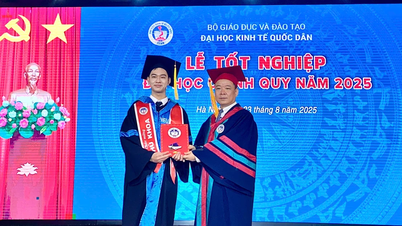

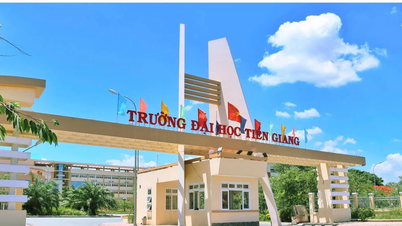















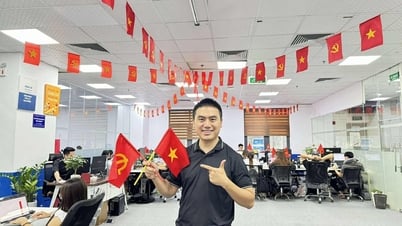























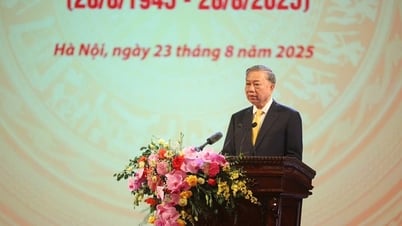
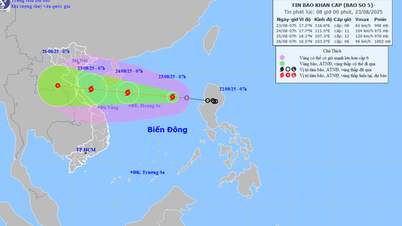
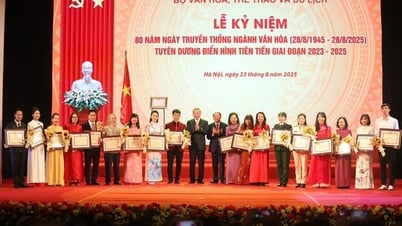






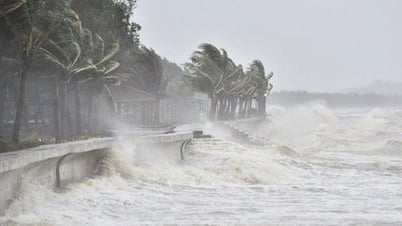

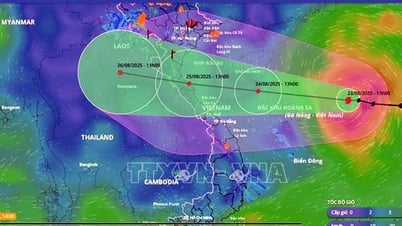













Comment (0)